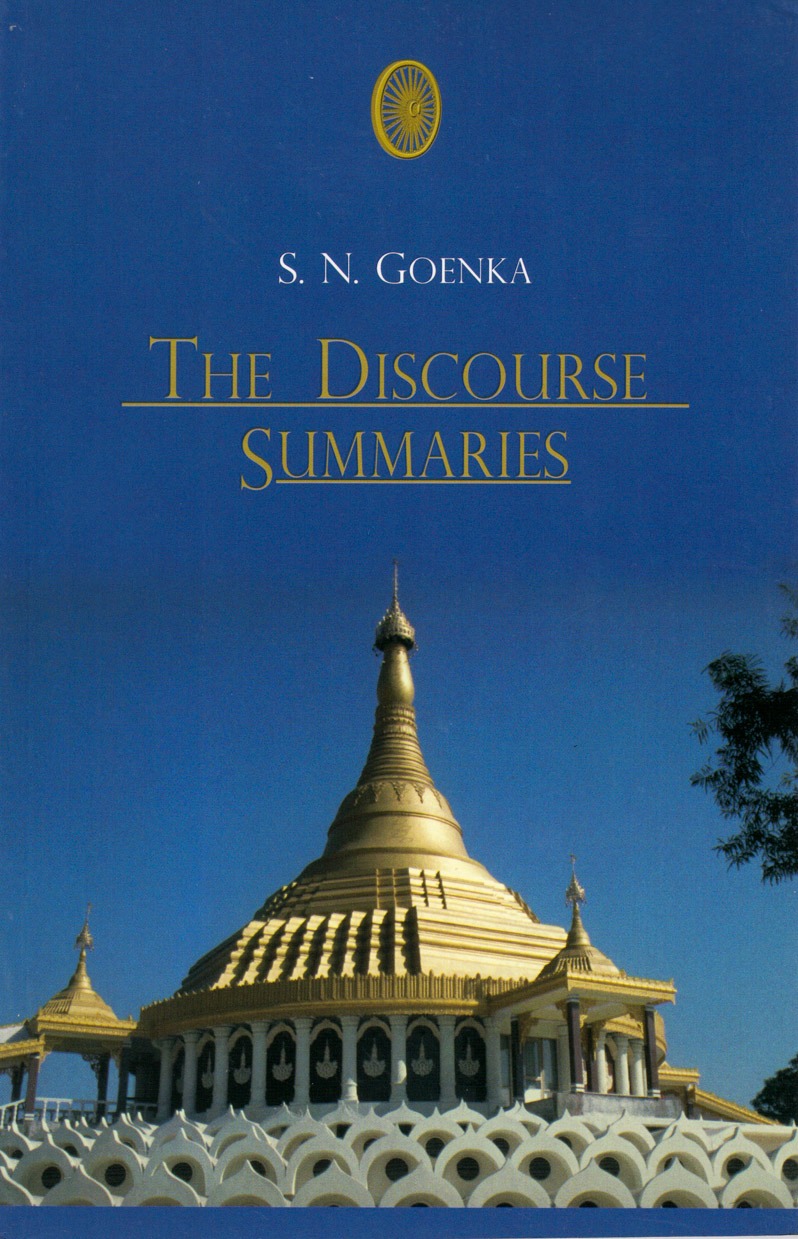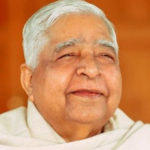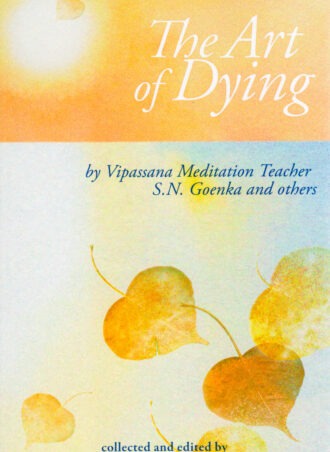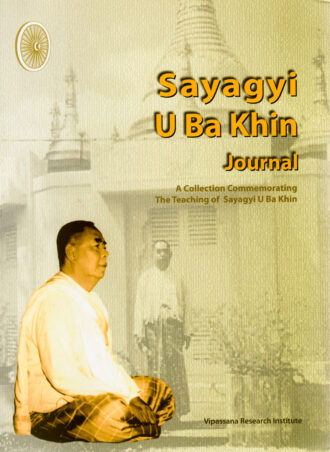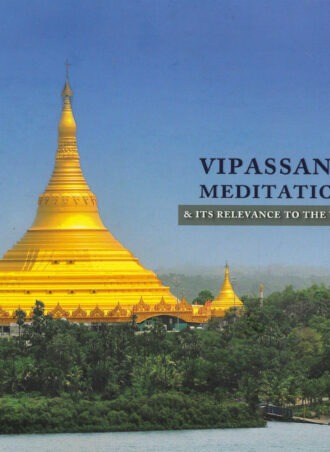Description
In a Vipassana course, the participants learn how to free the mind of the tensions and prejudices that disturb the flow of daily life. By doing so, one begins to discover how to live each moment peacefully, productively and happily. At the same time, one starts progressing towards the highest goal to which mankind can aspire: purity of mind, freedom from all suffering, full enlightenment.
None of this can be attained just by thinking about it or wishing for it. For this reason, in a course, the emphasis is always on the actual practice. Given this emphasis, some explanation becomes necessary to provide a context for the practice. Therefore, every evening of the course, Mr. S. N. Goenka, principal teacher of Vipassana meditation, gives ‘Dhamma talk’, in order to put into perspective the experiences of that day, and to clarify various aspects of the technique. Their purpose is simply to help meditators understand what to do and why, so that they work in the proper way and achieve proper results.
It is these talks that are presented here in a condensed form in this book. The eleven discourses provide a broad overview of the teaching of the Buddha. The summaries however are not a substitute for a 10-day Vipassana course and should not be treated as a do it yourself manual for learning Vipassana meditation.
This book is ideal for Vipassana meditators.

